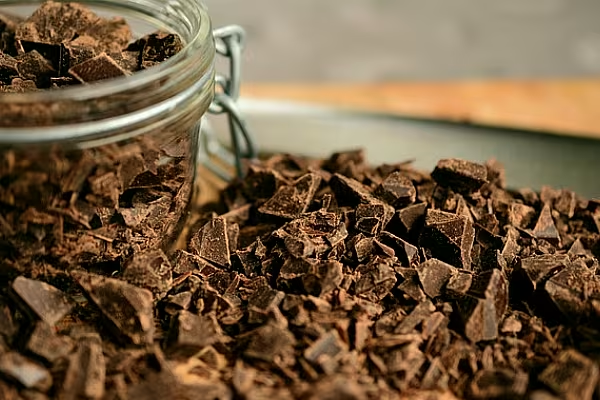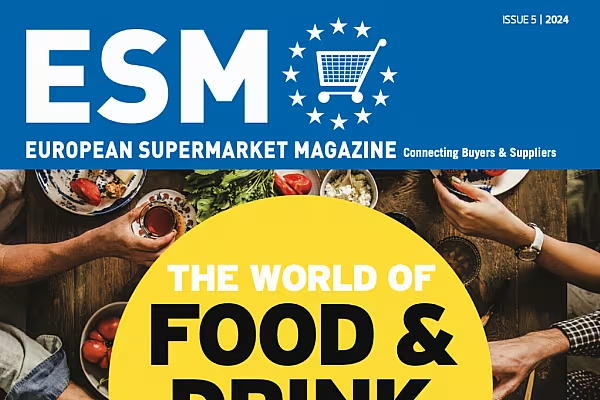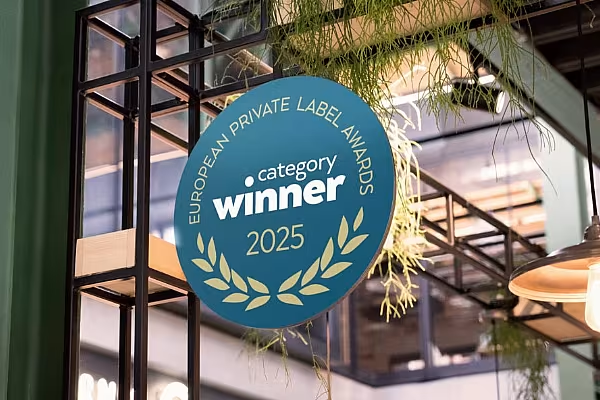Nick Peksa, Opportunities Director at Mintec Limited, examines the factors affecting the global chocolate market amidst the ‘shrinkflation’ revolution. This article first appeared in ESM: European Supermarket Magazine Issue 6, 2017.
Back in 2010, I was speaking to a cocoa trader who introduced me to a very popular Swahili proverb: ‘Ndovu wawili wakisongana, ziumiazo ni nyika.’
Although there are many variations of this saying on the African continent, when translated, it means, ‘When two elephants fight, it’s the grass that gets trampled.’ The context in which he used it was directly referring to the election results in the Ivory Coast.
President Laurent Gbagbo faced opposition leader Alassane Ouattara, and after a number of rounds, Ouattara was announced as the winner. The incumbent leader did not agree with the public vote, and two years of chaos and civil unrest ensued.
Does this situation feel familiar? Are the current rounds of negotiation between Great Britain and the EU leading to a similar trampling of the grass?
The Sacking Of The Pyramids
Whatever your stance is on Brexit, there are some upsides and some downsides. The result of the referendum was announced in June 2016, and the knock-on effect was a minor currency crash, as the British pound lost value against both the US dollar and the euro. To summarise the long-term effect: in the last 18 months, the pound has been trading, on average, 12% weaker against the US dollar and 10% weaker against the euro.
As Britain imports a lot of raw materials and food products, the UK currency devaluation has resulted in more expensive food imports. In light of this, it is not surprising that food inflation has risen by 5%. Some of the major categories affected by this inflation are snack foods, mayonnaise, fresh fruit, wine, butter, flowers and chocolate.
Whilst most of the retail price increases have largely gone unnoticed, there was one that raised the antennae of the UK press, and that was the shrinkflation of Toblerone. As a lady at the recent PASA conference passionately told me, “They sacked the chocolate pyramids!”
Shrinkflation Strategy
To save costs, the brand owner reduced the volume of chocolate in its iconic bar, Toblerone. It did this by increasing the gap between the peaks. In the process, the 400g bars became 360g, and the 170g bars were reduced to 150g.
In November 2016, when the move was announced, the brand owner said, “Like many other companies, unfortunately, we are experiencing higher costs for many ingredients. […] We carry these costs for as long as possible, but to ensure Toblerone remains on shelf, is affordable, and retains the iconic shape we all know and love, we have had to reduce the weight of this particular bar.”
Given the market conditions and uncertainly of currency exchange rates, this certainly sounds reasonable, but what has happened since then?
Back To The Ivory Coast
Travelling back to the Ivory Coast, the country currently dominates the world’s production of cocoa beans.
Cocoa beans are having a spectacular year, so, by default, cocoa butter (the main price-driver of chocolate) is also having a spectacular year. Global production in 2016/17 is estimated to have reached a record 4.7 million tonnes, up 18% year on year.
Due to the record crop, markets have moved from deficit in 2015/16 to surplus in 2016/17, with supplies expected to exceed demand by 371,000 tonnes. Ending stocks have risen by 26% year on year, to 1.8 million tonnes. The net effect of this surplus supply has prompted a price crash for cocoa butter. In the last 12 months, we have seen the price drop by a third (~£2,000/MT) – good news for chocolate buyers.
However, we should also consider some of the other ingredients. By percentage volume, sugar is another price-driver of chocolate. In the case of white chocolate, up to 50% of the end product can be sugar.
The news with respect to sugar is also fantastic. As part of the CAP (Common Agricultural Policy) reform on 1 October, the EU removed its sugar restrictions on the production and export of EU sugar. After a decade of strict output quotas and export limits, the biggest European sugar groups have planted lots of sugar beet in preparation for this move, and they now plan to export it.
The planted area for sugar beet in the EU is forecast to increase 20% year on year for the upcoming 2017/18 crop. Production is set to rise significantly year on year in Belgium, France, Germany, the Netherlands and Poland – countries in the competitive ‘sugar belt’ region. Sugar production in the EU is preliminary forecast at 20.1 million tonnes, subject to favourable weather conditions. These increases in supply, combined with the declining price of world sugar markets, have helped the EU sugar-price decrease by close to 40%.
Please Can We Have Our Pyramids Back?
Taking all of this into consideration, and looking at the fact that the Toblerone bar shrank by around 11% in November 2016, if we take into account the 10% price band placed onto the chocolate cost model, this price increase was justifiable.
However, after the dramatic fall in price of both cocoa and sugar, should we, as the consumer, not only get our 11% back, but also demand an additional 10% increase in the size of our chocolate bar?
About Mintec Limited
Mintec delivers unique understanding and valuable insight into a vast range of worldwide commodity and raw-material markets, using innovative technology and a highly experienced and knowledgeable team of specialists. For more information, visit www.mintecglobal.com.
© 2017 European Supermarket Magazine – your source for the latest retail news. Click subscribe to sign up to ESM: The European Supermarket Magazine













